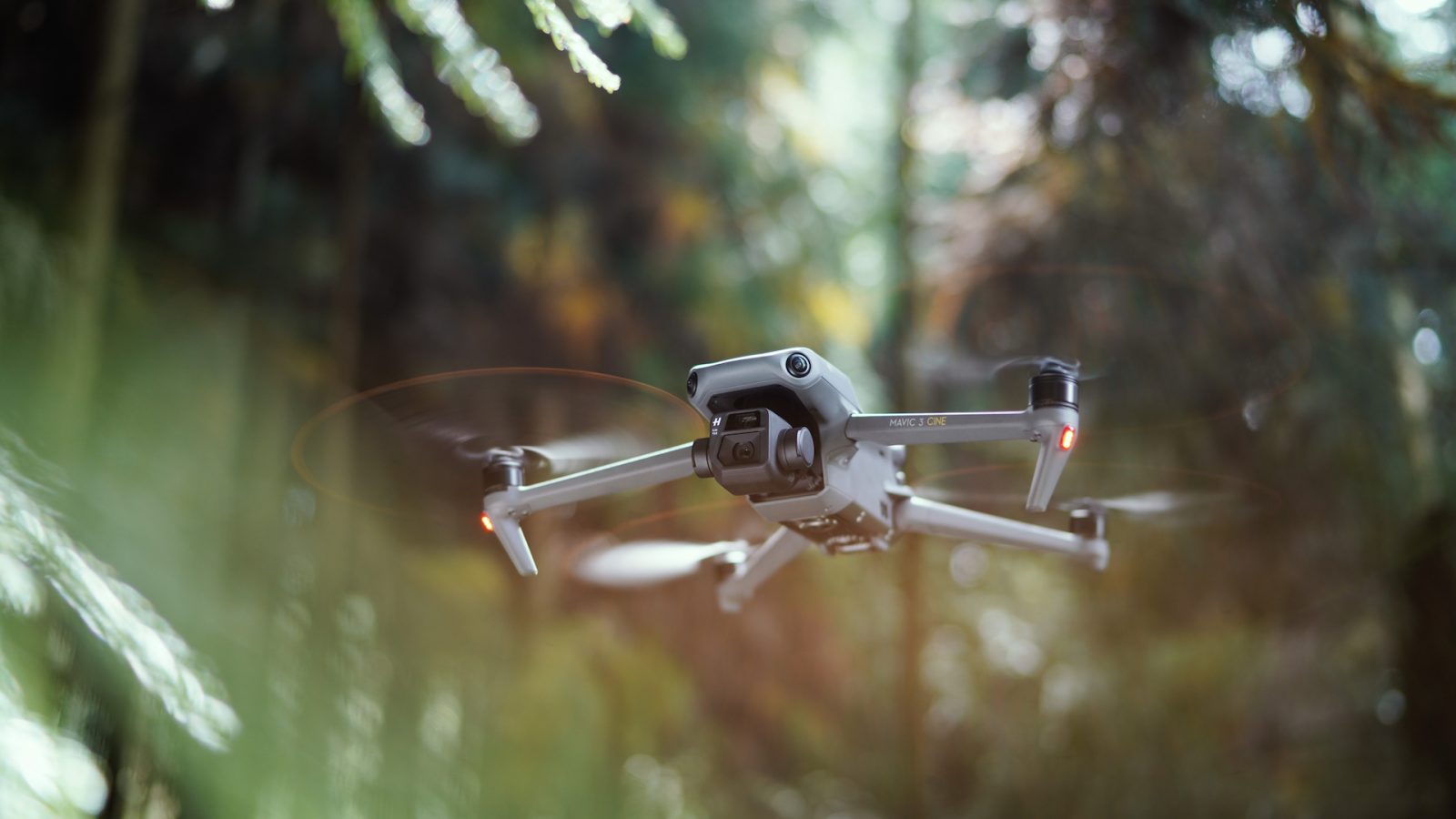
In a recent Reddit AMA, Adam Welsh, DJI’s global head of policy, candidly addressed the company’s stance on evolving US legislation, data security concerns, and a potential ban on the sale of future DJI drones in America. Welsh’s response to the most pressing question: “Will DJI abandon the US market?” is a clear “no.” Despite rising tensions, the tech giant remains committed to maintaining operations and exploring avenues to secure its foothold.
Welsh spoke on the looming impact of legislation like the Countering CCP Drones Act, which, if passed, could add DJI to the FCC’s Covered List, preventing the company from getting necessary certifications for new products. “It may not immediately impact current drone fleets, but if made retroactive, it could restrict DJI drone usage, even for those already purchased,” he explained. DJI is actively lobbying to avoid such outcomes but acknowledges the possibility of reevaluating its strategy if a ban is imposed.
New: Boston man faces $5K fine, drone forfeiture for flight over marathon
One of the most interesting topics in the AMA discussion was whether DJI could establish US-based manufacturing to address concerns about data security and Chinese ownership. Welsh revealed that the company has already explored setting up US manufacturing lines and servers. However, he stressed that significant costs would be passed onto customers, while not necessarily guaranteeing a permanent solution.
“The US government is many-headed,” he remarked. “We might appease some parts, but not all. In which case we would have gone through very expensive lengths only to find ourselves still facing legislation intent on banning us from the market. And those costs would have to get passed on to our customers.
“DJI does a number of things well. One is innovation. But another is focusing on bringing manufacturing costs down as much as possible. Changes to our business would end up costing customers.”
Another hot-button issue was data security, particularly concerns that DJI drones could relay information to the Chinese government. Welsh was firm in his rebuttal, stating that US customer data is stored exclusively on US-based servers, and DJI has never received requests for data under China’s National Intelligence Law. Welsh reassured users that DJI follows strict policies and only complies with government requests for information if they meet legal requirements.
Related: DJI drone pilots: Download your US flight data before it’s gone
The discussion also touched on the potential consequences of DJI’s withdrawal from the US market following a ban on the sales of new drones. Welsh emphasized that DJI has no plans to walk away from American consumers. “We won’t abandon the US,” he affirmed, noting that the company is prepared to adjust strategies and continue working with lawmakers to ensure compliance with US security standards.
Security audits and new privacy controls were highlighted as some of DJI’s initiatives to lead the drone industry toward improved practices. Welsh called for objective standards, stating, “In the absence of objective standards, Congress keeps reaching for blunt tools such as Country of Origin bans. This is bad for the whole industry.” He pointed out that drones manufactured in allied countries are not inherently more secure, underlining the need for comprehensive industry standards.
Addressing a controversial question about whether DJI shared real-time drone GPS data with the Chinese government during the Ukraine conflict, Welsh categorically denied the claim, clarifying that DJI suspended sales to both Russia and Ukraine. “DJI has a strong moral stance on wanting our products to be used for good,” he reiterated.
While Welsh admitted the current US climate is one of distrust, he argued that DJI’s vested interest in maintaining sales drives the company to uphold strong data security policies. The company’s Bug Bounty program, which rewards users for identifying system vulnerabilities, is part of its broader effort to continuously improve security and build trust with its users.
DJI’s stance is clear: despite political tensions and legislative challenges, it will continue to advocate for its right to operate in the US. The company is focused on protecting user privacy, innovating drone technology, and working with regulators to set data security standards. Whether or not DJI will face future ban in the US, the drone maker remains committed to its customer base.
Read more: DJI Air 3S drone bags FCC certification ahead of launch
FTC: We use income earning auto affiliate links. More.






Comments